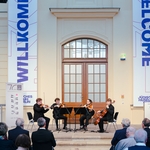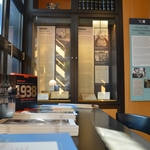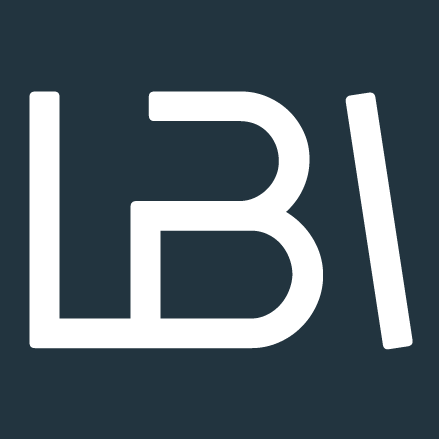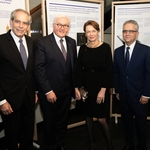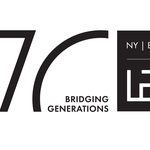Archive and Library Work in the Age of COVID-19
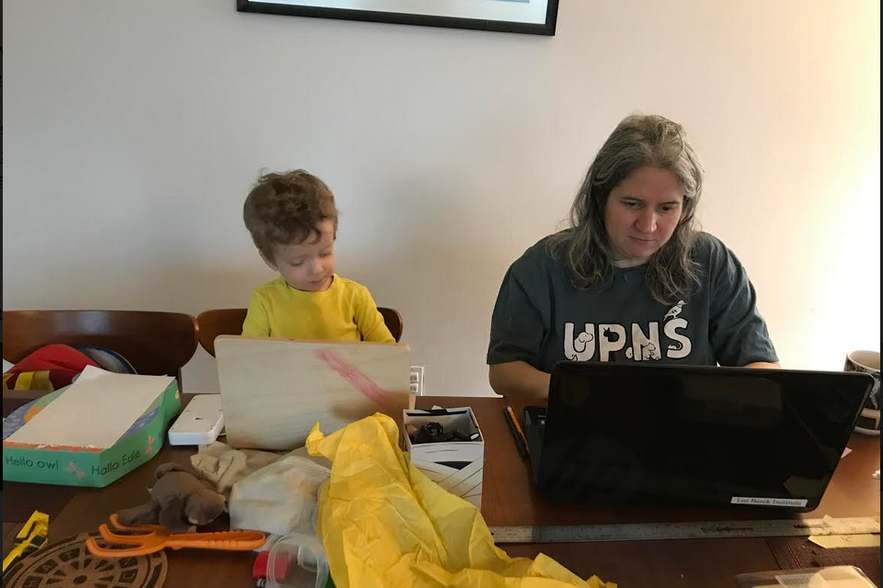
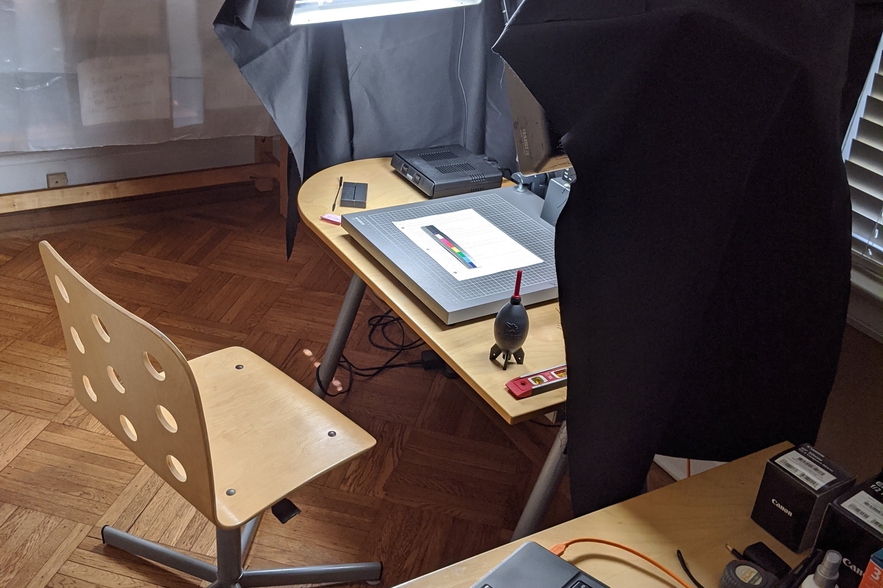
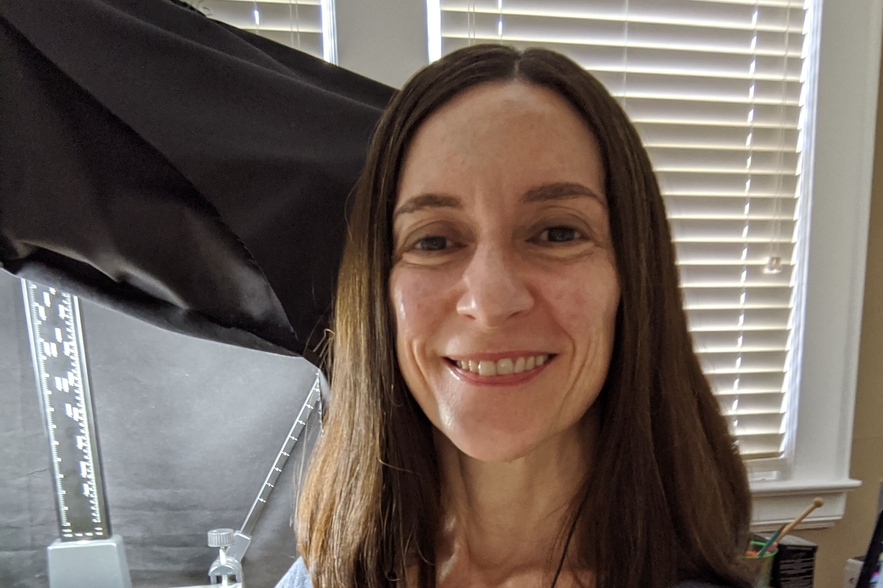
- Datum
- So., 11. Okt. 2020
On Friday, March 13, 2020 the staff of the Leo Baeck Institute were together for last time before beginning full-time remote work in response to the COVID-19 pandemic. Our staff reflects on six months of work in a changed world.
We know that it is a privilege to be able to work from home out of harm’s way, but it has its challenges. Like people all over the world, we have adjusted to balancing work, family, and everyday life at home—often in cramped quarters. As librarians and archivists, we have also had to adapt to working without immediate access to our physical collections.
We are proud to say that LBI staff has taken on these challenges and excelled in terms of output, creativity, and dedication. Our success comes not just thanks to ingenuity and perseverance during the pandemic, however. We’ve also benefited from groundwork in systems architecture, digitization, and disaster preparedness that our collections staff has laid over decades.
Our archivists and librarians were well positioned to work remotely thanks to the technology infrastructure we have been building with our partners since LBI joined the Center for Jewish History in 2000. Many staff have continued doing the same cataloging and database tasks they had always performed onsite. Others have rededicated themselves to curatorial and editorial work explaining and promoting our collections on our website and social media (see article on p. 13).
The processing and digitization of archival collections, which requires physical contact with fragile collections in a secure environment, presented a larger challenge. In order for this work to continue, we developed protocols for working with collections in home offices (always with permission from materials’ donors). The professional photographers from the Gruss Lipper Digital Laboratory at the CJH also set up digitization studios in their homes. While we have temporarily paused accepting new donations of archival collections, Renate Evers, Director of Collections, Frank Mecklenburg, Chief Archivist, and Hermann Teifer, Head Archivist, are working closely with prospective donors to prepare for further donations when we return to our facilities.
We’ve also continued to serve the public—both by assisting researchers through the Dr. Robert Ira Lewy Reference Service (see article on p. 7) and through public programs. The pandemic provided the impetus to use technology in ways that have made our programs more accessible than ever before for community members outside of New York City. People around the world have joined us online for streaming programs that featured, among others, the German author Max Czollek, community leaders from Washington Heights, and the circus historian and performer Stav Meishar. One of the most popular programs has been the monthly LBI Book Club, hosted by our Head of Public Outreach, Michael Simonson. The club has already featured novels, poetry, and an autobiography, with guest appearances from acclaimed authors like Lore Segal and George Prochnik.
Staff voices
Lauren Paustian, Collections Care Coordinator
“My usual work for LBI is heavily reliant on being able to handle (or at least, to see) items from our collection, for purposes of cataloging, preserving, storing, or helping to answer research questions. I’ve adapted to using digital resources when they are available, and I have also been creating new pages for the LBI website, updating and cleaning up catalog records, checking digital records for our newly migrated digital asset management system, and planning some future special preservation projects for items from the art collection.”
Sarah Glover, CJH Archivist
“For several months now, I have been processing archival collections at home—something I absolutely never thought would happen in the course of my career! Definitely the hardest part of working from home is that I don’t have my colleagues here with me; there aren’t nearly as many people to show when I find something funny, moving, or exciting in the collections I’m working on.”
Tracey Felder, Associate Librarian for Cataloging & Periodicals
“During the stay-at-home order I began working on updating the holdings of our digital collections in Internet Archive, Worldcat, and our new digital asset management system, Rosetta. I also set up a home office in my bedroom to work on cataloging rare books, including a large collection of Jewish calendars. In April I offered to prepare some collection materials for our Digital Lab staff to transport to the home offices. I entered the Center for the first time since the shut down and it was an eerie experience being in a place that was usually lively and full of people but was now empty and quiet.”
Gloria Machnowski, CJH Senior Photographer
“I emptied and cleaned a spare room at home and I set up the photo studio and storage area for materials there. I keep the room door closed all the time and I do not bring in any food or drinks. The area is closed to others as well. I have shot over 9,000 images at home, including 4 boxes from the Suzanne Schrag Collection and several cookbooks. I am currently working on the second batch of materials, the Herbert and Käthe Hirsch Family Collection.”
From LBI News No. 110
Aktuelles
